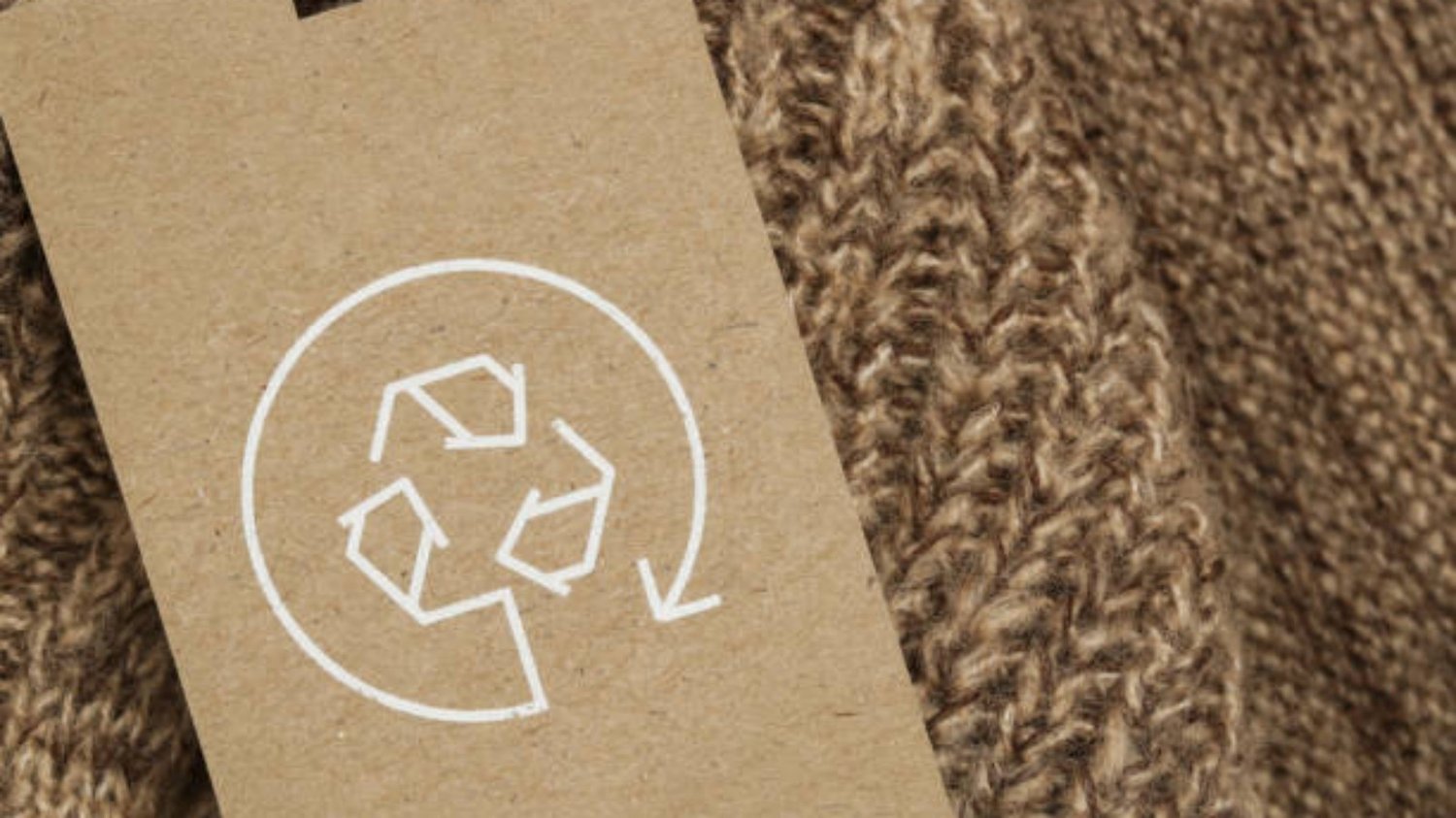Introduction
Sustainable eco-friendly fabrics are gaining popularity in today's fashion industry as more people become aware of the environmental impact of traditional textile production. These fabrics are made from materials that are responsibly sourced, produced, and disposed of, making them a great choice for individuals who want to make a positive impact on the planet. In this article, we will explore the various aspects of sustainable eco-friendly fabrics and their benefits.
The Importance of Sustainable Eco-Friendly Fabrics
Sustainable eco-friendly fabrics play a crucial role in reducing the environmental footprint of the fashion industry. Traditional textile production often involves harmful chemicals, excessive water usage, and high energy consumption. By choosing sustainable fabrics, we can minimize these negative impacts and work towards a greener future.
Organic Cotton
One of the most well-known sustainable eco-friendly fabrics is organic cotton. Unlike conventional cotton, which is grown using synthetic pesticides and fertilizers, organic cotton is cultivated without the use of these harmful chemicals. This not only benefits the environment but also ensures that the final fabric is free from any residual toxins that could potentially harm our skin.
Bamboo Fiber
Bamboo fiber is another popular sustainable fabric choice. Bamboo is a fast-growing plant that requires minimal water and no pesticides to grow. The fiber derived from bamboo is soft, breathable, and naturally antimicrobial, making it ideal for a wide range of clothing items.
Hemp Fabric
Hemp fabric is a versatile and sustainable option that has been used for centuries. Hemp plants grow quickly and require minimal water, making them highly sustainable. Hemp fabric is durable, breathable, and naturally resistant to pests, reducing the need for chemical treatments.
Recycled Polyester
Recycled polyester is a synthetic fabric made from recycled plastic bottles. By utilizing post-consumer waste, this fabric helps reduce the amount of plastic ending up in landfills or oceans. While not as eco-friendly as natural fibers, recycled polyester is a great alternative to virgin polyester, which is derived from non-renewable resources.
Tencel
Tencel, also known as lyocell, is a fabric made from cellulose fibers derived from sustainably harvested trees, typically eucalyptus. The production process of Tencel is environmentally friendly, using a closed-loop system that recycles and reuses the solvents and water used. The resulting fabric is soft, breathable, and biodegradable.
Upcycled Fabrics
Upcycled fabrics are created by repurposing existing materials, such as discarded garments or textile waste. By giving new life to these materials, upcycled fabrics help reduce the demand for new resources and minimize waste. Each upcycled fabric piece is unique and contributes to a more circular and sustainable fashion industry.
Natural Dyes
When it comes to sustainable eco-friendly fabrics, the type of dye used is just as important as the fabric itself. Traditional dyeing processes often involve toxic chemicals that can harm both the environment and human health. Opting for fabrics dyed with natural and plant-based dyes can significantly reduce the ecological impact of textile production.
Low-Impact Manufacturing
In addition to the choice of fabric and dyes, sustainable eco-friendly fabrics also prioritize low-impact manufacturing processes. This includes using renewable energy sources, minimizing water usage, and implementing ethical labor practices. By considering the entire lifecycle of a garment, from sourcing to production, we can ensure a truly sustainable and eco-friendly product.
The Future of Sustainable Eco-Friendly Fabrics
As the demand for sustainable fashion continues to rise, the future of eco-friendly fabrics looks promising. Researchers and designers are constantly exploring innovative materials and production methods that have minimal environmental impact. By embracing sustainable eco-friendly fabrics, we can make a positive change in the fashion industry and contribute to a greener future for generations to come.

